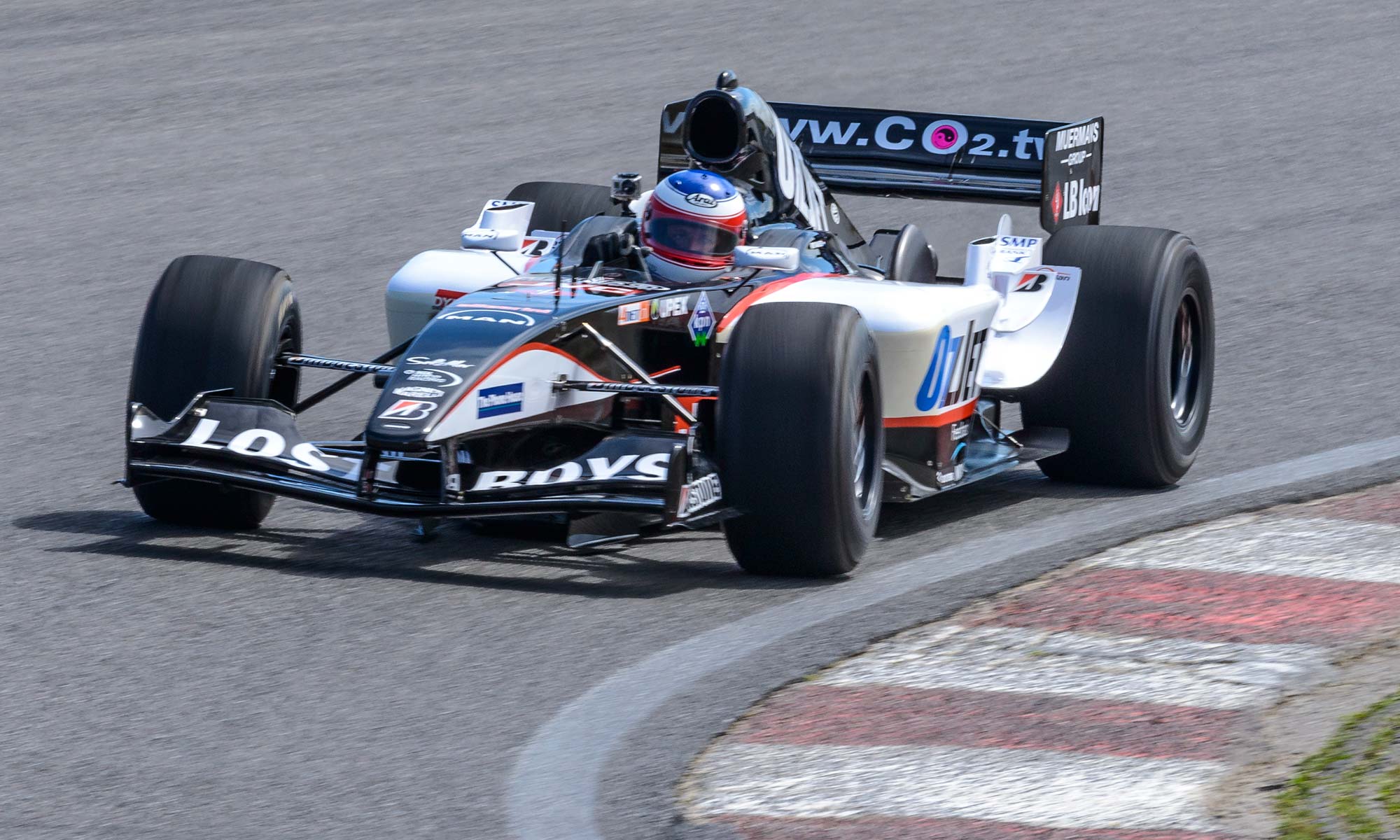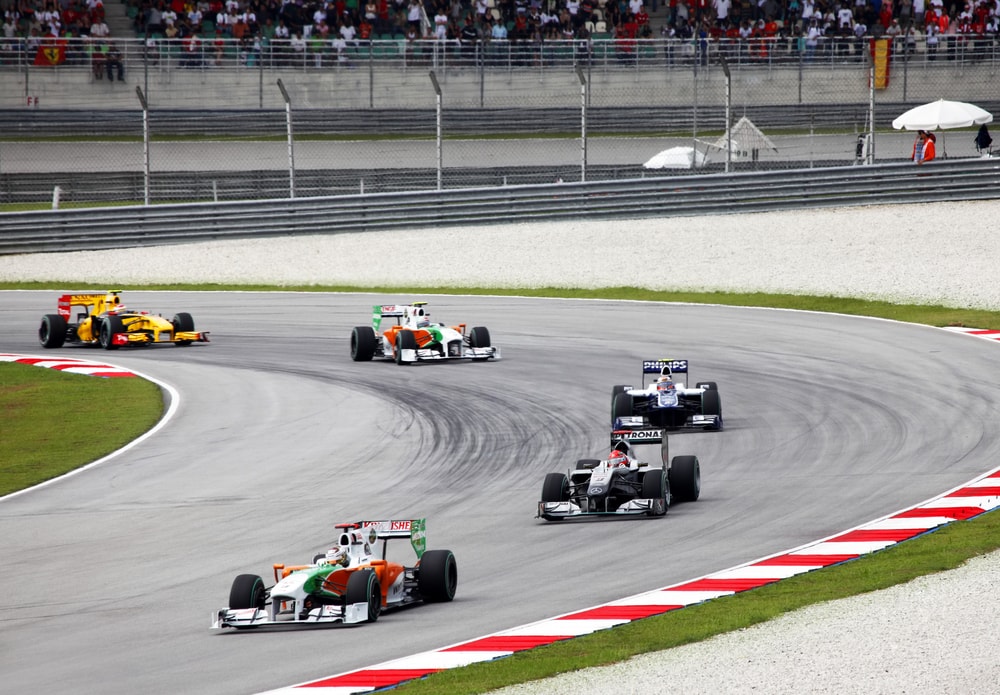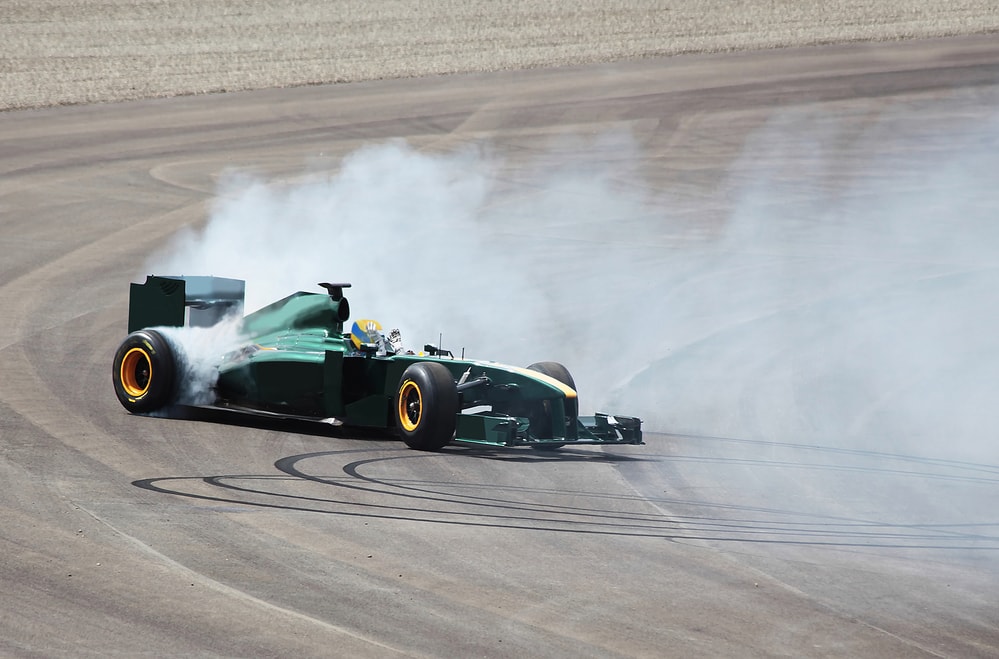Get this deal! Call now.
Speak with a vehicle protection plan specialist and get $300 off any new contract instantly.
Call 866-678-4172
or scan the code below


As if every motorsport division needs to always reinvent themselves, Formula One has a new overhaul on the books. The governing body of Formula One has just finalized their goals for completely revamped engine regulations for the 2021 season. Right now the biggest point is something that F1 fans have clamored over for quite some time: louder engines. There’s also the matter of lower development costs but fans don’t really notice that in the spectacle so much as how the cars sound.
If you are wondering why we are not just talking about the next season for Formula One, you have to understand a few things about Formula One. You are reading about 2021 because Formula One really does in fact operate like a government. They issue new rules of engagement every year but they tend not to take full effect until 3 years down the line.
Regardless of how or when these changes will take place, Formula One changing their engine regulations is interesting in and of itself. However the overall framework for the rules is not set to be announced until the end of this year. In the official F1 announcement officials are still not ready to open conversations about the finer details. Several officials and reps say those won’t be ready until the end of 2018. This gives them time for their due diligence but at the same time manufacturers are unable to begin design and development and new engines until those are final.


Some of these changes seem very specific, and while F1 plans for the 1.6-liter V6 turbo hybrid engine introduced in 2014 to stick around they also want to enhance the spectacle by upping the noise & soundscape that fans often react to. In other words the many years of F1 cars getting quieter and quieter are coming to a swift finish. This is all thanks to the racing officials how have been pushing for higher RPMs for years.
In the end, part of us is aware you may have stopped reading this ShopTalk entry past the “louder engines” mention. And to be honest, that’s what we were most excited for too. What do you think about these changes and the impacts they may have on the motorsport? Let us know your thoughts in the comments section below!

We're here to make sure you get the most comprehensive EV protection. That's why we've partnered with Xcelerate Auto to offer you transparent and dependable Tesla coverage.
Want us to contact you about XCare coverage for your Tesla?



Call for $300 off any new plan!
By clicking the button, you consent to Endurance using automated technology to call, email, and text you using the contact info above, including your wireless number, if provided, regarding auto protection or, in California, mechanical breakdown insurance. You also agree to the Endurance Privacy Policy and Terms and Conditions. Consent is not a condition of purchase, and you can withdraw consent at any time. Message and data rates may apply.
Speak with a vehicle protection plan specialist and get $300 off any new contract instantly.
Call 866-678-4172
or scan the code below



Simply fill out the information below and we will follow up fast with your free no-obligation quote.
By clicking the button, you consent to Endurance using automated technology to call, email, and text you using the contact info above, including your wireless number, if provided, regarding auto protection or, in California, mechanical breakdown insurance. You also agree to the Endurance Privacy Policy and Terms and Conditions. Consent is not a condition of purchase, and you can withdraw consent at any time. Message and data rates may apply.

To speak to a vehicle protection plan specialist and save $300
Scan the code below
Alex has worked in the automotive service industry for over 20 years. After graduating from one of the country’s top technical schools, he worked as a technician achieving a Master Technician certification. He also has experience as a service advisor and service manager. Read more about Alex.